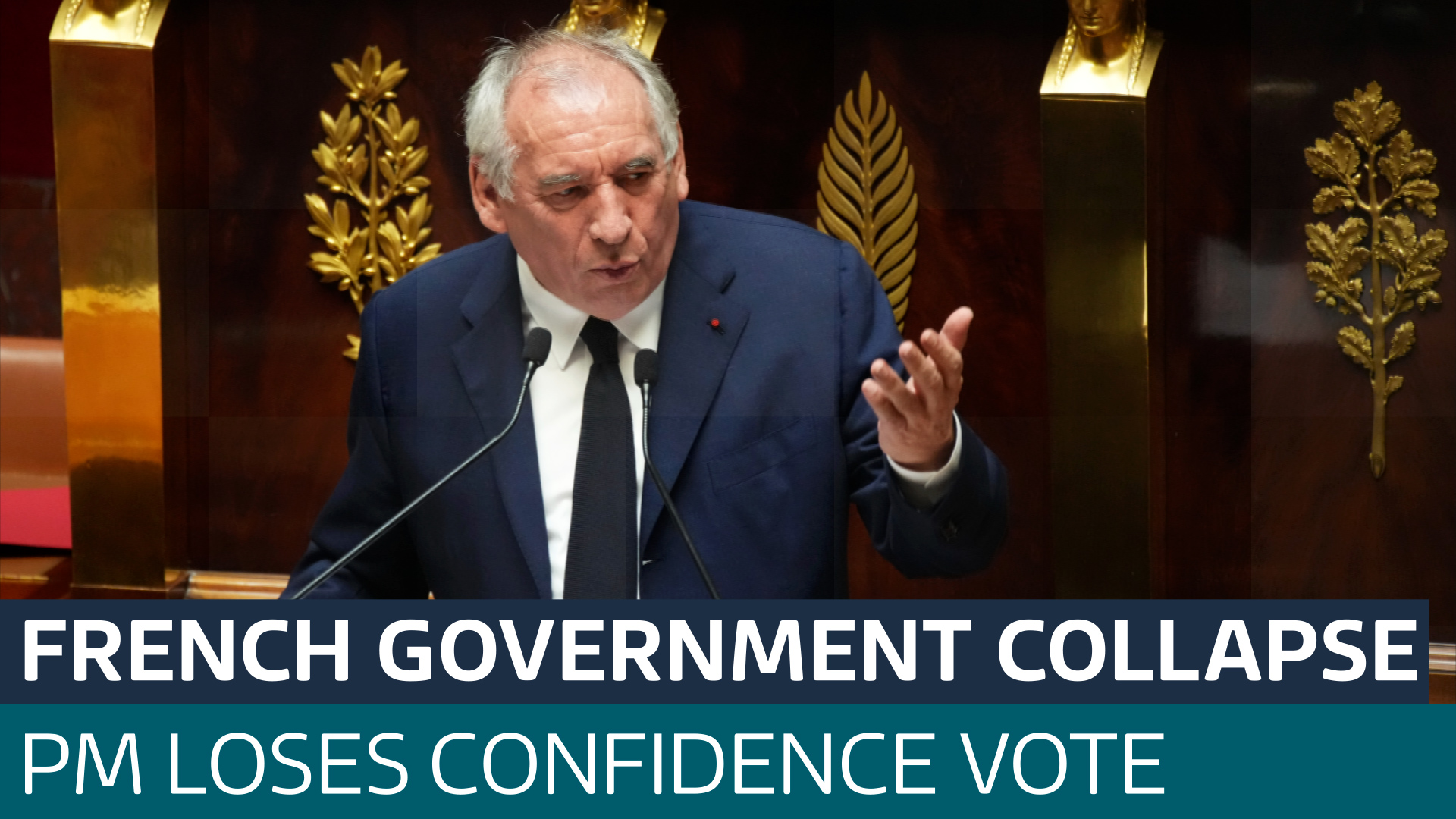The National Assembly votes to bring down government led by PM Francois Bayou over its plans to cut about $52bn to reduce the country’s debt.
French President Emmanuel Macron has suffered a major political setback as Prime Minister François Bayrou on Monday lost a confidence vote in the Parliament. Bayrou was ousted overwhelmingly in a 364-194 vote against him, just eight months after he was appointed Prime Minister.
Bayrou is expected to submit his resignation to French President Emmanuel Macron on Tuesday morning.
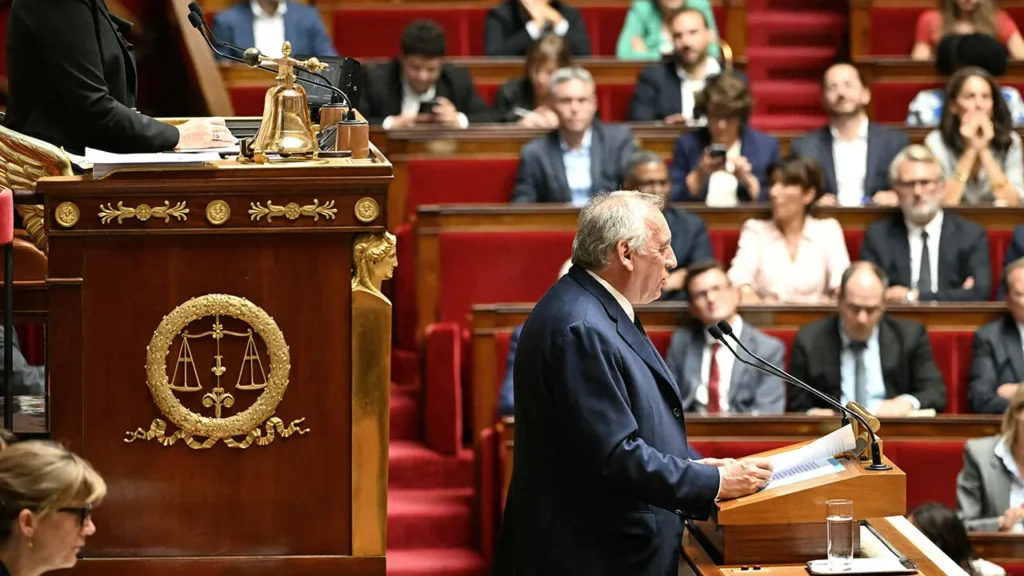
Know about PM Francois Bayrou
Francois Bayrou is a veteran figure in French politics and the current president of the European Democratic Party (EDP). He also leads its French member party, Mouvement Democrate (MoDem), which he has headed since 2007.
France is facing fresh political turmoil after Prime Minister Francois Bayrou decided to resign following the collapse of his government in a no-confidence vote. On Monday, 364 lawmakers voted against him, while only 194 backed him. The crisis began with Bayrou’s attempt to push through a controversial savings plan worth €44 billion (USD 51 billion). His proposal included cutting two public holidays and freezing government spending, moves that triggered anger among citizens and fierce resistance in parliament.
Tensions in French politics have been growing ever since President Emmanuel Macron called a snap parliamentary election in 2024. The result left parliament divided, weakening Macron’s influence. Years of heavy spending during COVID-19 and to ease the cost-of-living crisis have now left France with ballooning debt. Public debt has reached almost 114 per cent of GDP, and last year’s budget deficit was nearly twice the EU’s 3 per cent ceiling.
Bayrou tried to pass the 2026 budget that demanded deep cuts of €44 billion. But with opposition mounting, he gambled by calling a confidence vote on his plan, a move critics quickly labeled as political suicide.
Know about PM Francois Bayrou
Francois Bayrou is a veteran figure in French politics and the current president of the European Democratic Party (EDP). He also leads its French member party, Mouvement Democrate (MoDem), which he has headed since 2007.
Over his long career, Bayrou has worn many hats. He served as Minister of National Education from 1993 to 1997, was President of the Union for French Democracy (UDF) from 1998 to 2007, and even ran for the French presidency in 2007, winning nearly 19% of the vote in the first round. He has also held seats both in the French National Assembly and the European Parliament.
In local politics, Bayrou has been Mayor of Pau since 2014 and also leads the Pau Bearn Pyrenees agglomeration community, securing re-election in 2022.
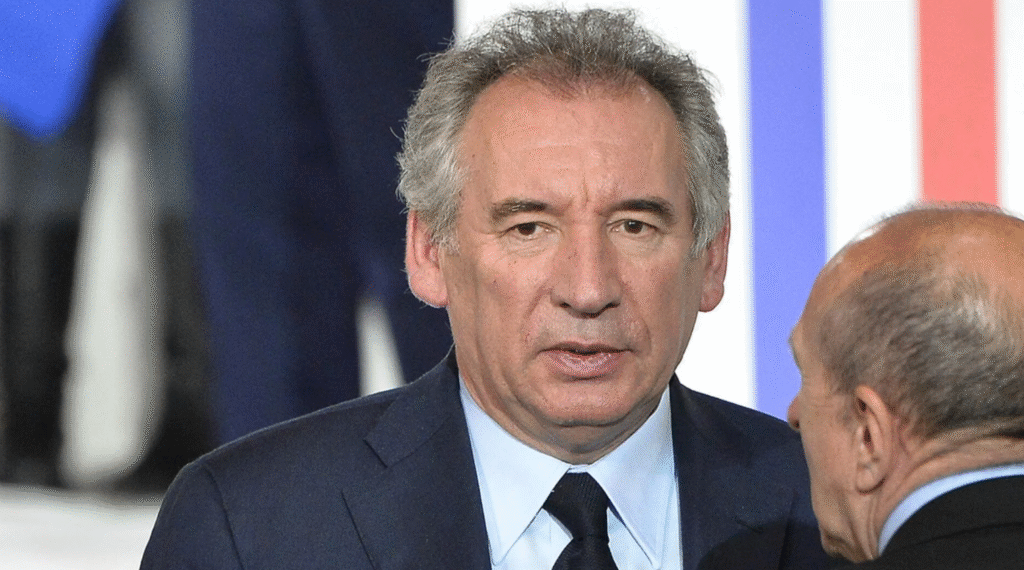
In 2017, instead of running for president again, Bayrou threw his support behind Emmanuel Macron and his movement En Marche!. Later, in 2020, Macron appointed him High Commissioner for Planning, a strategic role in shaping France’s long-term policies.
Beyond politics, Bayrou is also a writer. His books include Abus de pouvoir (2009), Etat d’urgence (2012), and Resolution francaise (2017).
Born on May 25, 1951, in Borderes, Pyrenees-Atlantiques, Bayrou grew up in a modest farming family. His upbringing was marked by discipline, a strong sense of civic duty, and a love of books which helped him shape his curiosity for politics from an early age. He studied at the University of Bordeaux after completing his schooling at the Lycée de Nay.
Bayrou called the confidence vote
Bayrou had called the confidence vote unexpectedly to try to win parliamentary support for his strategy to lower a deficit that stands at nearly double the European Union’s 3% ceiling and to start tackling a debt pile equivalent to 114% of GDP.
Earlier, ahead of the vote Bayrou warned that France is risking its future and its influence by racking up trillions in state debts that are “submerging us,” pleading for belt-tightening in a last-ditch effort to save his job.
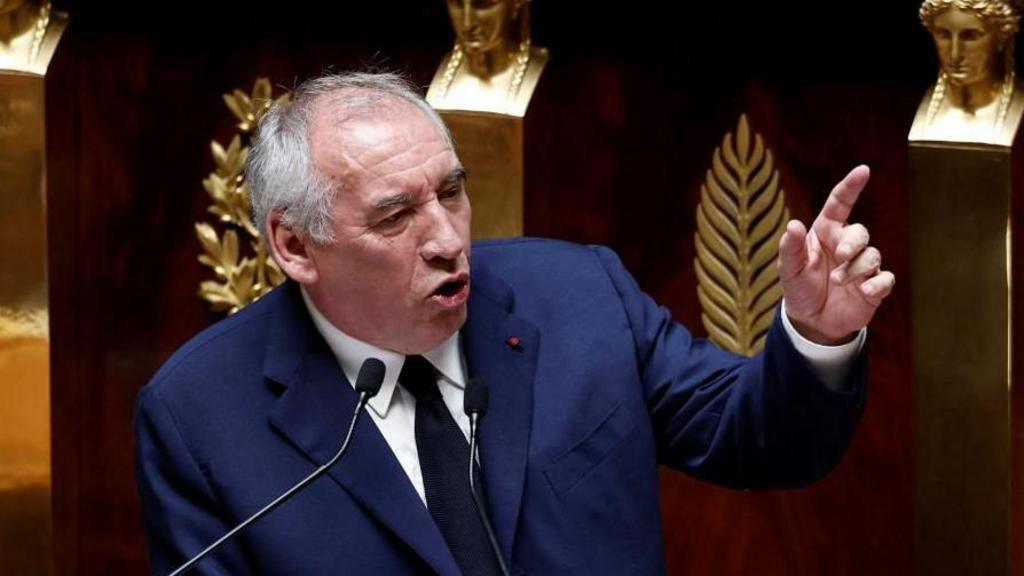
He castigated opponents in the National Assembly who were preparing to topple his minority government, ganging up against him despite their own sharp political differences.
“You have the power to overthrow the government, but you do not have the power to erase reality,” Bayrou said in a speech to the National Assembly before the confidence vote that he called. “Reality will remain inexorable. Spending will continue to increase and the debt burden — already unbearable — will grow heavier and more costly.”
What went wrong for Bayrou?
The 74-year-old centrist was appointed last December as the French President sought to hold together a fragmented government amid ongoing economic challenges. His selection came after intense negotiations with parliamentary groups as no clear majority exists in the National Assembly.
Bayrou had faced resistance from both the left and the right throughout his tenure and now appears to be paying the price for a staggering political miscalculation — gambling that lawmakers would back his view that France must slash public spending to rein in its debts.
The 2024 snap election had left the French parliament highly fragmented — leading to weak support for any government and making it extremely difficult for Bayrou to build a coalition or pass controversial reforms. The key issues faced by the French PM were doomestic political gridlock, economic crisis, and social unrest. Wars in Ukraine and Gaza, as well as the shifting priorities of US President Donald Trump, have also created additional hurdles for France over the past few years.
‘Crushing defeat’
“For Bayrou, this is a crushing defeat. Certainly a large majority voted against him and his austerity budget,” said Al Jazeera’s Natacha Butler, reporting from Paris.
She noted that opponents on both the far right and the left denounced the plan as unfair, saying it targeted some of the poorest people in France. Even some conservatives usually close to Bayrou turned against him, making it “an incredibly damning day for the former French prime minister in the National Assembly”.
Butler added that it was “another embarrassing moment” for Macron.“This is his second prime minister that he’s lost in a year since his surprise snap election in 2024,” she explained, recalling that Michel Barnier lasted only three months before being forced out by Parliament.
Looking ahead, Butler said Macron faces limited options. “He’s not got many good choices. In fact, most of his choices are bad ones,” she said, warning that the president must now navigate mounting social unrest. France is expected to see strikes and protests from trade unions in the coming weeks, adding further strain on an already embattled government.
Drochon also noted that the stakes extend beyond France’s domestic politics. “The biggest concern, at least from the financial markets, is not so much what’s going to be done, but that something gets done. They want a prime minister and a budget that actually addresses these issues,” he said.
He warned that if Macron fails to act swiftly, France risks deeper political paralysis and growing frustration among an already disillusioned public.
“What I think the French people are expecting is something to happen … can Macron name somebody who can find a way through? That would reassure everybody. That’s the big challenge,” he added.
The next government’s immediate task will be to push through a budget in an increasingly fractured Parliament, the same challenge that ultimately sank Bayrou.
Macron, already facing growing calls to resign, has ruled out dissolving Parliament and is instead bracing for yet another political battle.
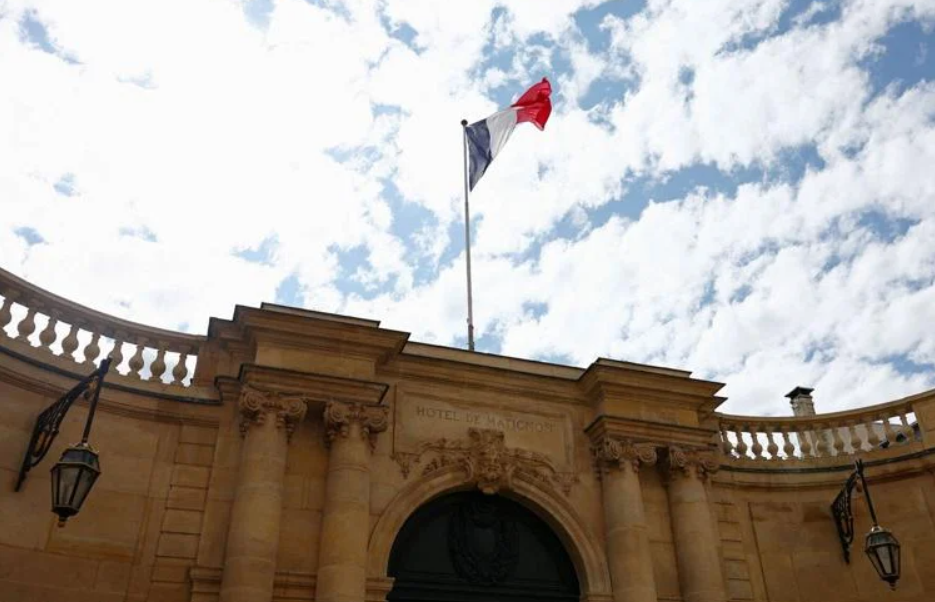
Third French PM to resign in two years
The 74-year-old is the third Macron-appointed Prime Minister to be forced out of office in the past two years. His predecessor Michel Barnier also lost a no-confidence vote last December just three months after assuming office, making him the shortest-serving French PM ever.
Yet another hunt for PM
After Gabriel Attal’s departure as prime minister in September 2024, followed by former Brexit negotiator Michel Barnier’s ouster by parliament in December and Bayrou now gone, too, Macron again is hunting for a replacement to build consensus in the parliament’s lower house that is stacked with opponents of the French leader.Macron’s office said that he’d accept the resignation of Bayrou’s government on Tuesday and name a new prime minister “in the coming days.”
As president, Macron will continue to hold substantial powers over foreign policy and European affairs and remain the commander in chief of the nuclear-armed military. But domestically, the 47-year-old president’s ambitions are increasingly facing ruin.The root of the latest government collapse was Macron’s stunning decision to dissolve the National Assembly in June 2024, triggering a legislative election that the French leader hoped would strengthen the hand of his pro-European centrist alliance.
But the gamble backfired, producing a splintered legislature with no dominant political bloc in power for the first time in France’s modern republic.Shorn of a workable majority, his minority governments have since lurched from crisis to crisis, surviving on the whim of opposing political blocs on the left and far-right that don’t have enough seats to govern themselves but can, when they team up, topple Macron’s choices.
What happens next
According to the Elysée Palace President Macron will name the successor of Bayrou ‘in the next days.’
Macron could now nominate a politician from his own centrist minority ruling group or from the ranks of conservatives as the next premier, but that would mean doubling down on a strategy that has failed to yield a stable alliance.
He could tack to the left and nominate a moderate socialist, or choose a technocrat. No scenario would be likely to hand the next government a parliamentary majority.
Also Read :
AI in Classrooms: Future of Learning or a Threat to Teachers?
Intel Partially Nationalized? U.S. Buys 10% Stake Under Trump’s Economic Strategy

